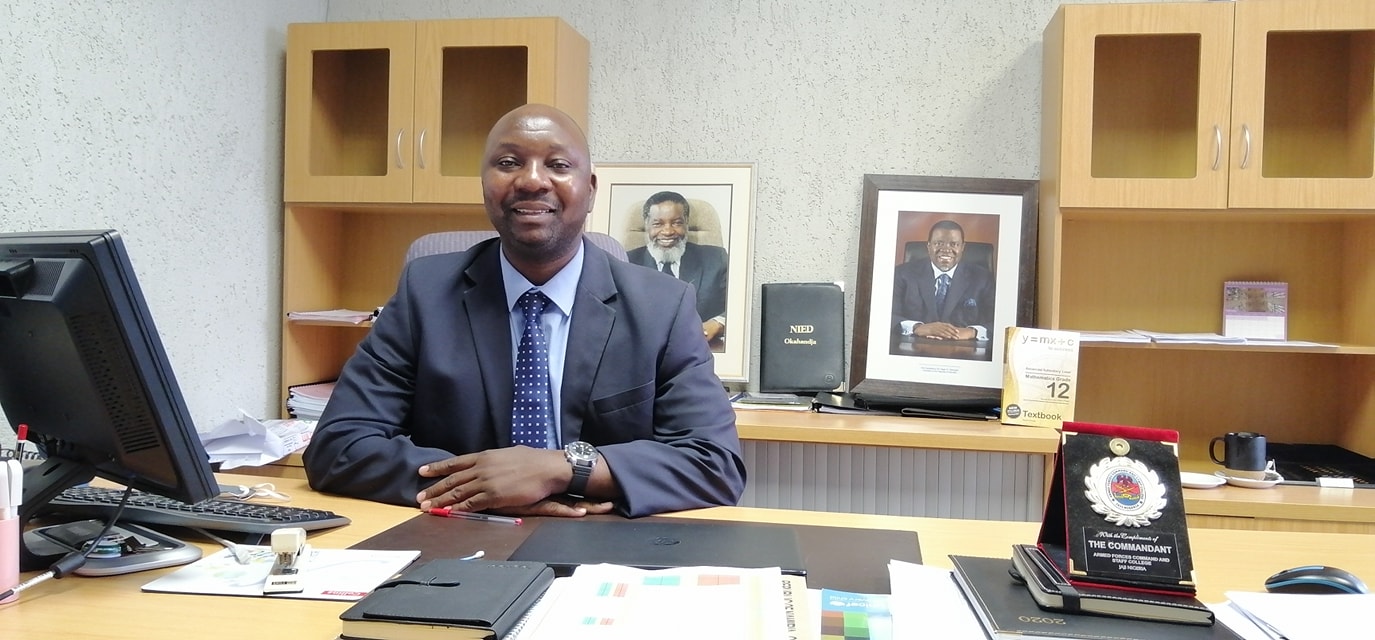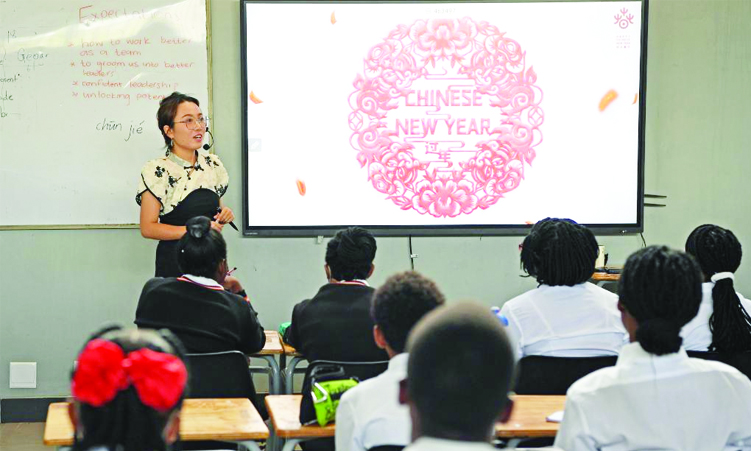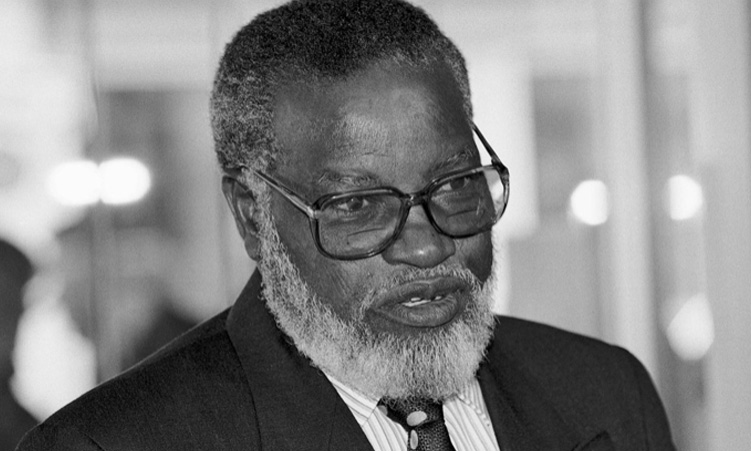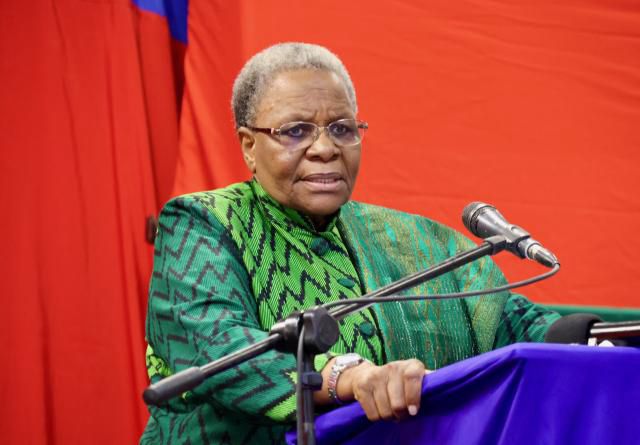The education ministry says various schools countrywide have expressed an interest in teaching Mandarin as a subject.
This comes as the Ministry of Education, Arts and Culture has shelved plans to introduce Kiswahili in schools.
Kiswahili is a widely spoken language across central and East Africa, with Namibia and Tanzania engaging in recent years to introduce the language in local schools.
Discussions began in July 2019, when Tanzanian former president the late John Magufuli proposed the introduction of the language locally as part of the joint permanent commission between the two countries.
The plan was supposed to be implemented in 2021, however, this did not happen amid rejection from political parties and schools.
At the time, The Namibian reported that teachers were not keen on having the language taught in local schools.
National Institute for Educational Development director Patrick Simalumba told The Namibian yesterday that Mandarin is already being taught in some local schools.
“We have had requests already for Mandarin, which is already running in schools over the past 10 years.”
According to Simalumba, the reason the teaching of Kiswahili has been put on hold is because there are many requests for local languages to be taught in schools.
He says there have been requests from the Kavango regions and western Caprivi.
“But, it’s not only local languages. Even European languages and others from Asia.
For example, we have a request for Spanish to be introduced, which we received last year,” Simalumba adds.
According to Simalumba, in the long run students could be sent to be trained in foreign languages.
He says the issue of piloting a new language requires mobilising the community to demonstrate sufficient interest.
“Before you pilot, you have to mobilise the community so that there is interest. And then out of this interest, you will get pilot schools, maybe to run the implementation of that language on a trial basis,” Simalumba says.

Education executive director Sanet Steenkamp says the piloting of Kiswahili at a school revealed many challenges, such as material production.
According to Steenkamp, an assessment of interest was also conducted. She says in order for a pilot to be successful, the ministry needs to have a sufficient number of interested individuals.
“You assess if there is any interest from specific groups of pupils, because you need to start with 35 pupils to have a class size.”
She says some schools have Mandarin, French and German, as well as Portuguese.
“So, you must understand that when approached, we look at the feasibility,” Steenkamp says.

CULTURE SHOCK
Namibia National Students Organisation (Nanso) president Dorthea Nangolo says introducing foreign languages in schools is worrisome because young people are losing touch with local cultures.
“I think it’s quite worrisome, introduce foreign languages and ignore local languages, primarily because as it is now, our pupils are losing touch with our cultures. Our generation or the younger generation is no longer in touch with their culture and tradition,” Nangolo says.
According to Nangolo, an ideal education system would be one that teaches local languages in whatever part of the country you are in.
For example, if a pupil is from the Omaheke region or Kunene region, then it would be expected that they learn Otjiherero at school, as well as English, because it is the country’s official language.
She, however, says pupils learning German or French have better opportunities globally, particularly in terms of working in international spaces.
“You realise that people who can speak foreign languages have a better chance at these opportunities,” Nangolo says.
According to Nangolo, Nanso believes communities should not lose touch with local cultures and Namibia’s education system should be able to teach pupils in their home languages.
“We must not lose our culture, our education system must be able to teach us our traditional languages because what happens now is in the next 50 years, we’re going to lose these languages, and only English, German, and maybe French will be spoken, because our children now can only speak these languages,” Nangolo says.
Teachers Union of Namibia secretary general Mahongora Kavihuha says the introduction of foreign languages will marginalise local cultures and languages.
“To us, we are looking at the exercise from a resources perspective and from a cultural perspective. Already now, if you look at our local languages, there is a huge marginalisation already taking place and the excuses are the issue of resources,” Kavihuha says.
He says if the ministry has settled on not introducing Kiswahili in schools, it is a welcome move.
“We have to be realistic and deal with the matters that we are able to deal with,” Kavihuha adds.
Stay informed with The Namibian – your source for credible journalism. Get in-depth reporting and opinions for
only N$85 a month. Invest in journalism, invest in democracy –
Subscribe Now!










